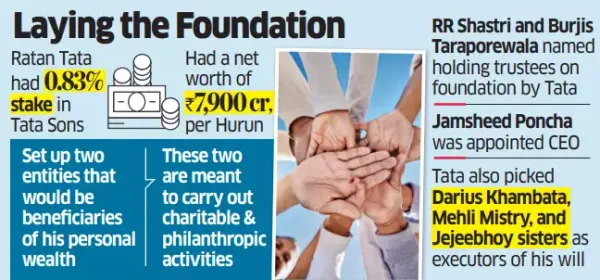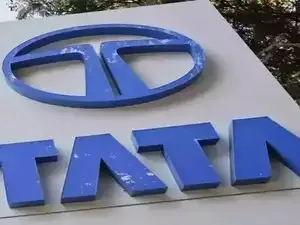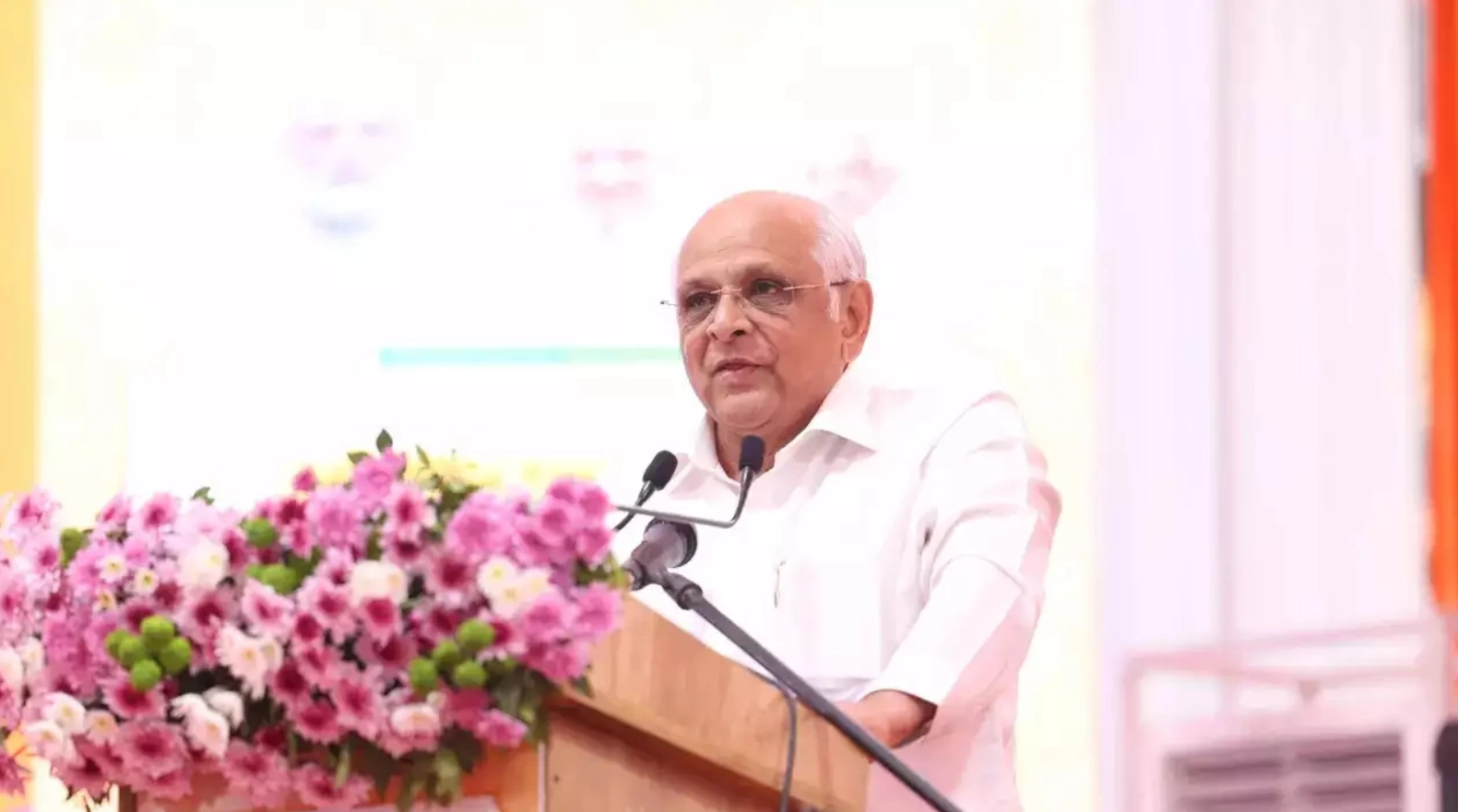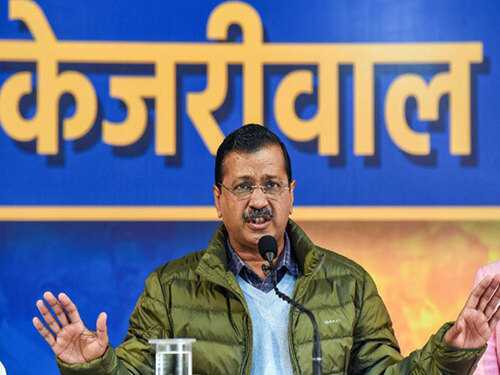Tata stakeholders may seek to opt for an arbitrator on the appointment of trustees to the board of the Ratan Tata Endowment Foundation (RTEF) in the absence of any clear written instructions on the matter by the late group patriarch. The arbitrator may most likely be a retired Supreme Court chief justice who will decide whether the right to appoint trustees lies with the executors of Ratan Tata’s will, the Tata family, or the members of the Tata Trusts, executives close to the matter said.
Ratan Tata had set up two entities in 2022 that would be the beneficiaries of his personal wealth—the RTEF under Section 8 of the Companies Act 2013 and the Ratan Tata Endowment Trust—for charitable and philanthropic purposes.

He held a direct stake of 0.83% in Tata Sons, the holding company of the Tata Group, and had a net worth of `7,900 crore, according to the Hurun India Rich List released in August 2024. The RTEF also has minor stakes in Tata Digital and Tata Technologies.
Sources estimate his wealth at above `.15,000 crore. According to officials familiar with the matter, Ratan Tata was clear that the foundation should remain independent of Tata Trusts, which controls Tata Sons with a 66% stake.
Tata was keen to utilise a significant portion of his fortune for charity and community. It is understood that most of his wealth will be managed by the foundation, while the trust will oversee the remainder.
Meanwhile, the fleet of cars owned by Ratan Tata, including a Ferrari and a Maserati, may be auctioned and the proceeds allocated to the foundation. In his lifetime, Ratan Tata had designated RR Shastri and Burjis Taraporewala as holding trustees on the RTEF and appointed Jamsheed Poncha as CEO, while also expressing his preference for Tata Sons Chairman N Chandrasekaran as managing trustee, according to the people familiar with the matter.
Currently, there is a lack of clarity on who holds the authority to appoint trustees to the RTEF. Ratan Tata had named Darius Khambata, Mehli Mistry, and Shireen and Deanna Jejeebhoy as the executors of his will. While Khambata is a senior counsel, he’s also an executor of the will and hence the stakeholders would need to seek advice from a legal expert senior to him, sources said. The Jejeebhoys are Ratan Tata’s half-sisters. Mistry was a confidante and is a board trustee of the two main Tata charities—the Sir Dorabji Tata Trust and the Sir Ratan Tata Trust.
The four executors of the will did not comment.
Once the probate is executed, the foundation will be flush with significant funds coming in through Ratan Tata’s stake in Tata Sons and group companies.
Tata, who passed away in October 2024 at 86, wanted RTEF to focus on new, relevant and under-represented areas of philanthropy, promote research into future technologies relevant for a modern India, as well as support long-term initiatives that will have significant positive social impact for India. The foundation is currently a board-managed entity and governed as per its charitable objects.
Ordinarily, in the absence of any specific instructions in the will regarding the administration of the estate of the deceased, it is the responsibility of executors to do so in accordance with the wishes of the deceased, said Ajay Khatlawala, managing partner, Little & Co.
“However, as RTEF is a company incorporated under Section 8 of the Companies Act 2013, it will be governed by the provisions of its Memorandum of Association, Articles of Association and the provisions of the Companies Act,” said Khatlawala. “The issue of appointment of trustees or directors of RTEF will therefore be governed by the provisions contained in its Articles of Association.”
This case could set a precedent for the governance of legacy foundations in India, he said.
“It will affirm the need and importance of clear, written instructions in the will to avoid disputes and ambiguity amongst stakeholders after the passing away of the founder,” Khatlawala added.
In the case of a private trust, as per the provisions of the Indian Trust Act, 1882, a trustee is a person who accepts the confidence of the author of the trust. “The author of the trust may provide for the roles, responsibilities and powers of the trustees and may also appoint a person as a ‘managing trustee’ or ‘holding trustee’ with certain additional powers,” said Shrenik Gandhi, managing partner, Chambers of Shrenik Gandhi. “If the instrument of trust grants powers to any trustee to appoint anyone at a key position in the trust, such power may be exercised. However, the ultimate responsibility of the trustee is to realise, and protect the benefit of the trust property.”
Budget with ET
Tax calculator

He held a direct stake of 0.83% in Tata Sons, the holding company of the Tata Group, and had a net worth of `7,900 crore, according to the Hurun India Rich List released in August 2024. The RTEF also has minor stakes in Tata Digital and Tata Technologies.
Sources estimate his wealth at above `.15,000 crore. According to officials familiar with the matter, Ratan Tata was clear that the foundation should remain independent of Tata Trusts, which controls Tata Sons with a 66% stake.
Tata was keen to utilise a significant portion of his fortune for charity and community. It is understood that most of his wealth will be managed by the foundation, while the trust will oversee the remainder.
Meanwhile, the fleet of cars owned by Ratan Tata, including a Ferrari and a Maserati, may be auctioned and the proceeds allocated to the foundation. In his lifetime, Ratan Tata had designated RR Shastri and Burjis Taraporewala as holding trustees on the RTEF and appointed Jamsheed Poncha as CEO, while also expressing his preference for Tata Sons Chairman N Chandrasekaran as managing trustee, according to the people familiar with the matter.
Currently, there is a lack of clarity on who holds the authority to appoint trustees to the RTEF. Ratan Tata had named Darius Khambata, Mehli Mistry, and Shireen and Deanna Jejeebhoy as the executors of his will. While Khambata is a senior counsel, he’s also an executor of the will and hence the stakeholders would need to seek advice from a legal expert senior to him, sources said. The Jejeebhoys are Ratan Tata’s half-sisters. Mistry was a confidante and is a board trustee of the two main Tata charities—the Sir Dorabji Tata Trust and the Sir Ratan Tata Trust.
The four executors of the will did not comment.
Once the probate is executed, the foundation will be flush with significant funds coming in through Ratan Tata’s stake in Tata Sons and group companies.
Tata, who passed away in October 2024 at 86, wanted RTEF to focus on new, relevant and under-represented areas of philanthropy, promote research into future technologies relevant for a modern India, as well as support long-term initiatives that will have significant positive social impact for India. The foundation is currently a board-managed entity and governed as per its charitable objects.
Ordinarily, in the absence of any specific instructions in the will regarding the administration of the estate of the deceased, it is the responsibility of executors to do so in accordance with the wishes of the deceased, said Ajay Khatlawala, managing partner, Little & Co.
“However, as RTEF is a company incorporated under Section 8 of the Companies Act 2013, it will be governed by the provisions of its Memorandum of Association, Articles of Association and the provisions of the Companies Act,” said Khatlawala. “The issue of appointment of trustees or directors of RTEF will therefore be governed by the provisions contained in its Articles of Association.”
This case could set a precedent for the governance of legacy foundations in India, he said.
“It will affirm the need and importance of clear, written instructions in the will to avoid disputes and ambiguity amongst stakeholders after the passing away of the founder,” Khatlawala added.
In the case of a private trust, as per the provisions of the Indian Trust Act, 1882, a trustee is a person who accepts the confidence of the author of the trust. “The author of the trust may provide for the roles, responsibilities and powers of the trustees and may also appoint a person as a ‘managing trustee’ or ‘holding trustee’ with certain additional powers,” said Shrenik Gandhi, managing partner, Chambers of Shrenik Gandhi. “If the instrument of trust grants powers to any trustee to appoint anyone at a key position in the trust, such power may be exercised. However, the ultimate responsibility of the trustee is to realise, and protect the benefit of the trust property.”








